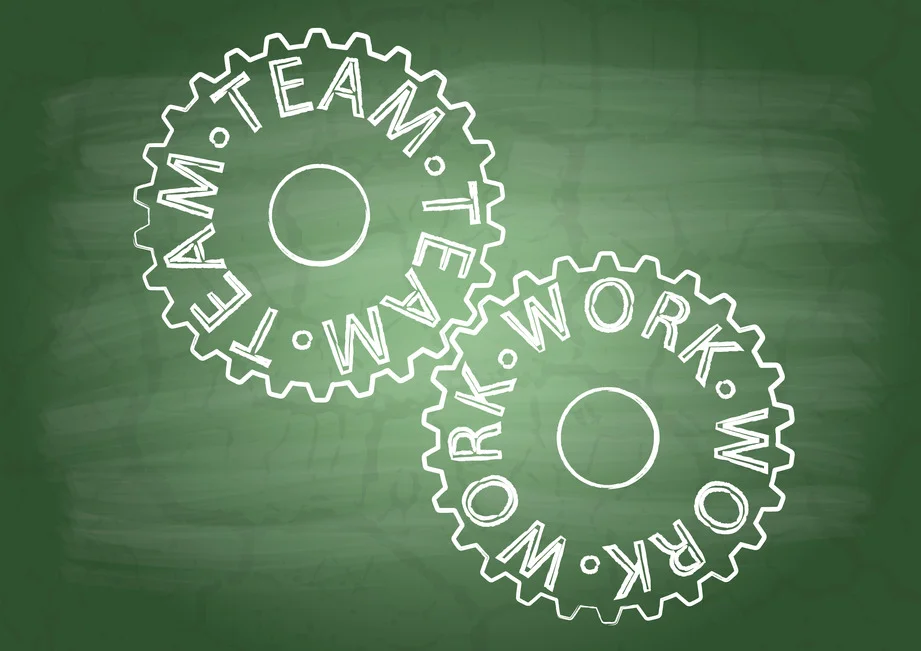
By essence, an offshore software development project requires to have teams from different countries to collaborate. The classical configuration is to have the sponsor and stakeholders in one country and the development team in another. Of course, the configurations can be more complex with part of the team onshore and another part offshore. But all in all, it always requires collaborating with people who are far away. But distance is something we are getting used to nowadays. We have plenty of choice of communication channels such as email, Skype, or video conferences. We even occasionally travel.
What these tools do not do for us is breaking the cultural distance!
The scope of this article, the #3 of a series about conflicts inside a software project, cannot encompass all what I’d wish to cover. So, I will stick to the following plan:
Anthropologists have studied cultures for a while, but the analysis of what a culture is made of is rather recent. Several definitions have been provided and we will retain the definition given by Geert Hofstede, a Dutch social psychologist who did a pioneering study of cultures across modern nations:
Culture is the unwritten book with rules of the social game that is passed on to newcomers by its members, nesting itself in their minds. In other words, it is the sum of all the rules you have learned when you were a child without necessarily knowing you were learning them. It is important to note that no culture is better than another; they are just different from each other.
Every group of humans has been in front of roughly the same questions but they have given different answers. For instance, there is a very obvious question posed to every single human on the planet: what does it mean to be a male or a female? What are the implications in terms of behaviour, roles and expectations?
We could then use another definition, which might be simpler to understand: “A Culture is the set of answers given by a group of humans to the problems imposed by life and the environment.” We can mention some very important contributors to the study of cultures: Geert & Gert Hofstede, Fons Trompenaars, Edward T. Hall or Richard D. Lewis. They do not necessarily agree on their schemas but that is beyond our point. What is important here is that they all define “dimensions” along which cultures are placed.

Let’s take one example:
Societies have had to deal with power. What does it mean to be in power, to be in charge? Societies have responded very differently to this question depending on the context. Some groups will consider that being in charge means being responsible for sharing resources among the group and finding compromises that will allow for the group’s survival. Other societies will decide that being in charge is all about leading in the right direction and will apply some much more authoritative schemas to the role. In both cases, a member of the group will naturally trust a different kind of person in charge. In the first case, one will trust someone who listens and cares when in the second case one will trust somebody with plenty of assurance and authority. While reading these lines, you immediately have an idea of what is the right position on this scale. That is where your own culture stands.
What are the consequences on a project? Well, if the two sides of the projects have a leader and these leaders have opposite views on how to lead, it can quite easily go to a clash. If team members of one group have to deal with the leader of the other group during a meeting for instance, it is likely that trust will be hard to earn. Indeed, one gains trust in each group by displaying opposite qualities. That makes the global harmony in the group quite harder to reach. But surely, we can do something about that! Let’s have a look!…

I will make a short list here of what should be done to prepare the teams to what they are facing. But let’s make it clear: they are facing something rather natural and interesting. It just happens that it can create some very awkward situation that can lead to misunderstanding, frustration and ultimately conflict. We surely do not want that. So what can we do?
First of all, we need to run some workshops on the topic of culture and cross-cultural communication. Only by understanding your problem can you start working on it. The more the team members understand what they are facing, the more they will play it right.
The managers of each group must have a deeper understanding of the cultural question and they should study a bit the other’s culture. But more importantly, they need to understand their own culture. It is only by understanding one self that one can put the other in perspective.
The managers of each group should meet from time to time and learn to trust each other. To do so, they need to spot their own characteristic behaviors and the other’s. For instance, to use the previous example, one can recognize when he/she will tend to make a decision for the group when the other will tend to reach a compromise. By playing this game in the background of your mind, you take distance with the events and avoid frustration, therefore avoid conflict.
All written communication should be going through the 5 rules introduced in part #1 of this series.
This might be the most important element of the situation: it is possible to get a better project with a multi-cultural team! How is that? The natural tendency in front of the difference is to dislike it. The level of how much you dislike novelty depends again on your culture. But globally, when you try to cooperate with someone you do not understand, things are likely to go bad.
On the other hand, if you understand what makes you different from your colleague, it is possible to get the best out of this difference. I will take one example with 2 cultures that are geographically close but culturally quite remote on one point (at least): the British and the French. To illustrate the point, I will use the cultural dimension: Uncertainty Avoidance. How much does a culture want to know about the future to feel comfortable? On this dimension the French will be on one side of the dimension: they do not like taking risks. They will work very hard to remove any risk from the road. The British will be on the other side: they like taking risks, and uncertainty is definitely part of the picture. On a project, a French team and a British team may have some difficulties to understand each other. But if we pause and think about it, there is something to do for the project. Once we understand the natural tendency of each party, it is possible to increase the project’s quality. We only need to harness the will to “reduce risk” of the French side and the will to “give a try” of the English side. Ultimately, instead of undergoing the opposition, one can use this difference to play a better game.
There are many dimensions described in cultural studies. Understanding where we stand on them and where the others stand is the key to harnessing the power of the difference. This will be the full topic of another article in the future.
Cultural differences are as old as humanity. As the world is shrinking in size, it has become necessary to collaborate more and more with our fellow humans. Within the context of a software development, can offshore setup indeed bring the needed various actors around the project table. But it is important to understand the intrinsic strengths and weaknesses of this setup. Once taken into account, it is time to leverage on the complementary skills available in the global project team.
Liemur provides Software Development Services within UK and with its nearshore branch in Budapest.
If you like this article, what about tweeting it or recommending it?